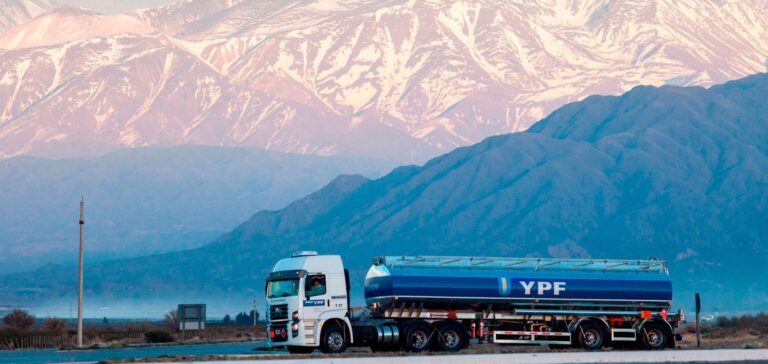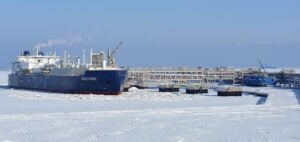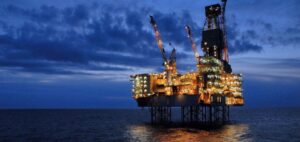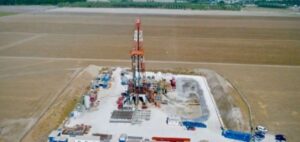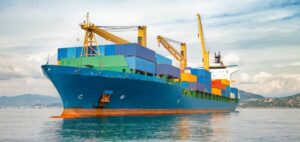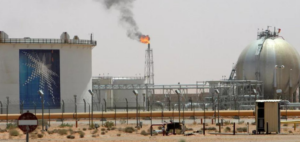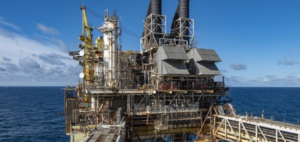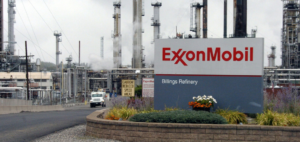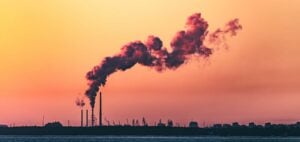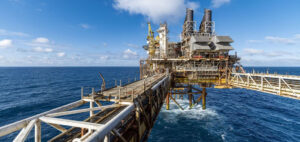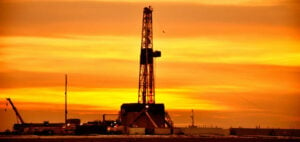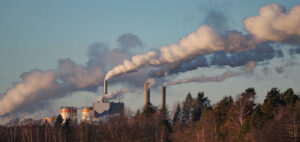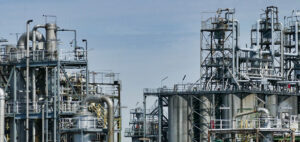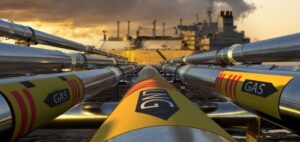Argentina’s state-owned energy company YPF plans to invest between $6 billion and $7 billion with partners to build pipelines and other infrastructure to boost oil exports from the Vaca Muerta shale field.
The focus will be on supplying a proposed terminal in the south that can load very large tankers, CEO Pablo Iuliano said on April 20. “We need to monetize our oil resources quickly,” he said at the Experiencia IDEA Energía trade conference in Neuquén, Argentina.
YPF wants to develop the export of Argentine oil
YPF, the country’s largest oil producer, will invest 40% of this investment to meet Vaca Muerta’s next big challenge: getting the oil out and selling it to buyers. “We have a nice problem, which we’re solving,” he said regarding transmission capacity bottlenecks.
Some projects are underway to build pipelines. Oleoductos del Valle, a pipeline operator partially owned by YPF, is doubling its takeaway capacity to 452,800 barrels per day by the end of 2024 and is considering further expansion. YPF is about to start operations on a 115,000 b/d cross-border pipeline to Chile, with a 160,000 b/d feeder pipeline in Vaca Muerta. YPF is also in the early stages of a $1.2 billion project to build a 380,000 b/d pipeline and port facilities on the Atlantic to increase shale oil exports. “We are unlocking the system,” Iuliano said, adding that other companies are making additional investments in transportation. “We can quickly start exporting oil.”
Argentina, an ideal position for oil exports
Platts, part of S&P Global Commodity Insights, valued Argentina’s Medanito crude on the Latin American Dated Brent Strip at less than $6.58 on April 19. Quality has maintained a stable discount of about $6 a barrel on Dated Brent since September, according to S&P Global data. YPF has focused for many years on supplying the domestic market, as it is the largest refiner in the country. But with plans to double its own crude production to 450,000 b/d by 2027, the company will soon have a surplus over its installed refining capacity of 320,000 b/d so it can increase exports.
Bob Dudley, chairman of the Oil and Gas Climate Initiative and former chairman and CEO of BP, said at the event that Argentina has many export opportunities given its access to both the Atlantic and Pacific Oceans.

